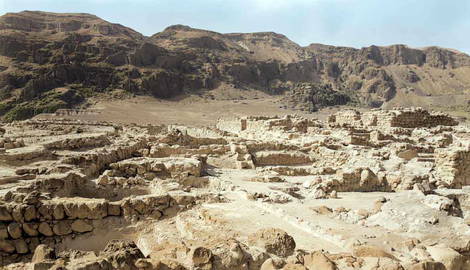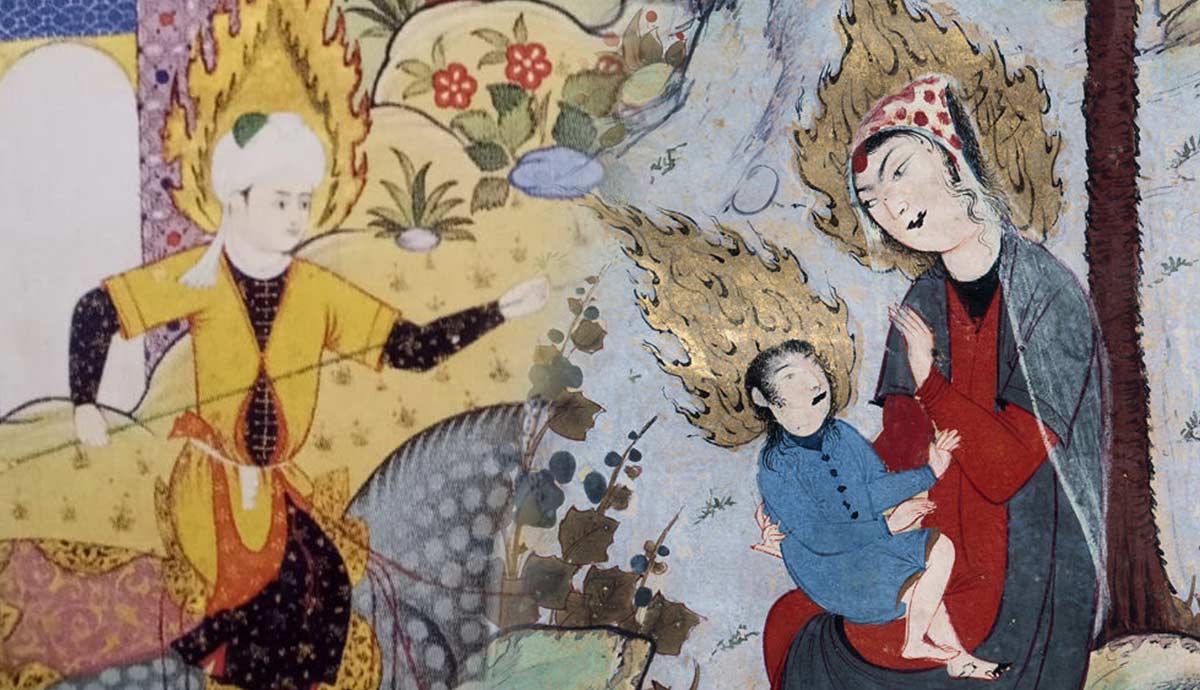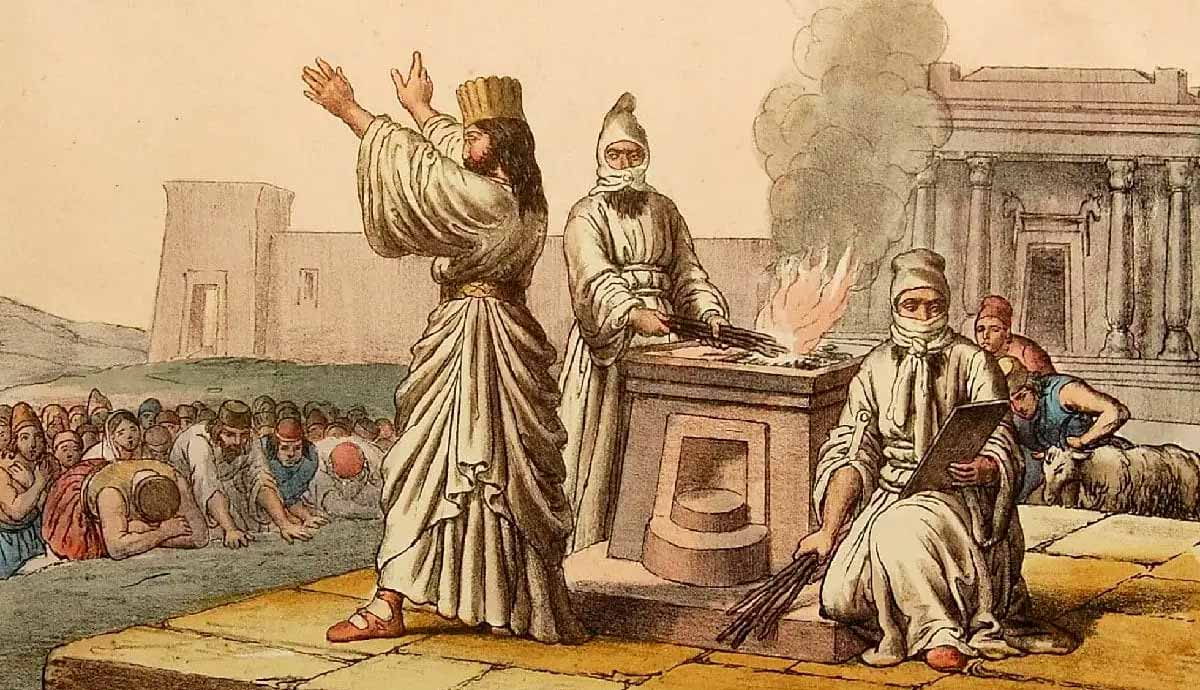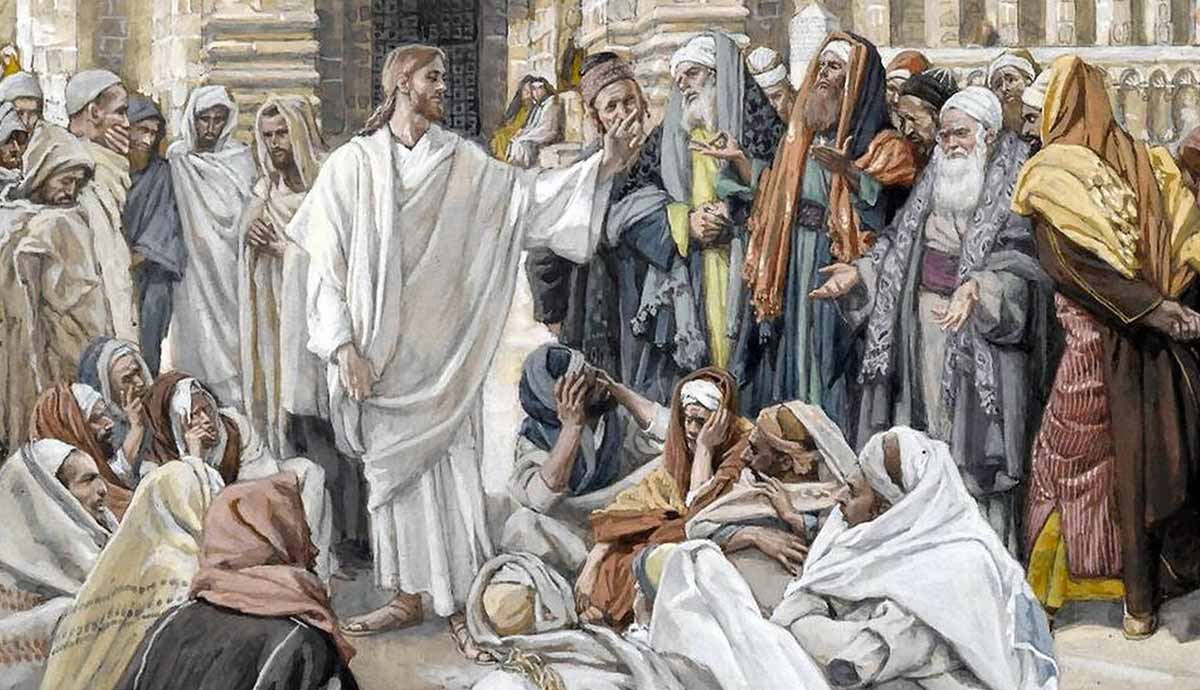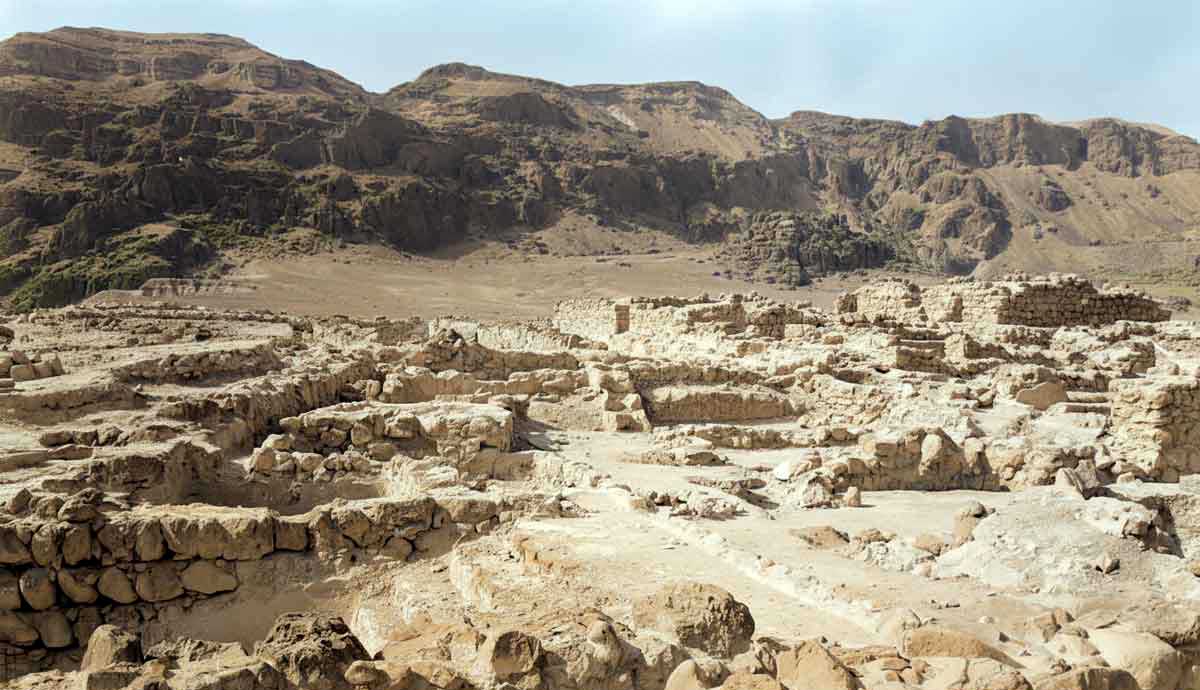
Few discoveries can complete with Dead Sea Scrolls as the most important in the history of biblical archaeology. While it cannot be proven, most scholars credit the collection and, possibly, the creation of these scrolls to a small, somewhat obscure and radical Jewish religious sect that inhabited Qumran, the settlement near where the scrolls were discovered. Members of this unique group are called the Essenes. Who were these people?
Some Revered the Essenes as Holy Men
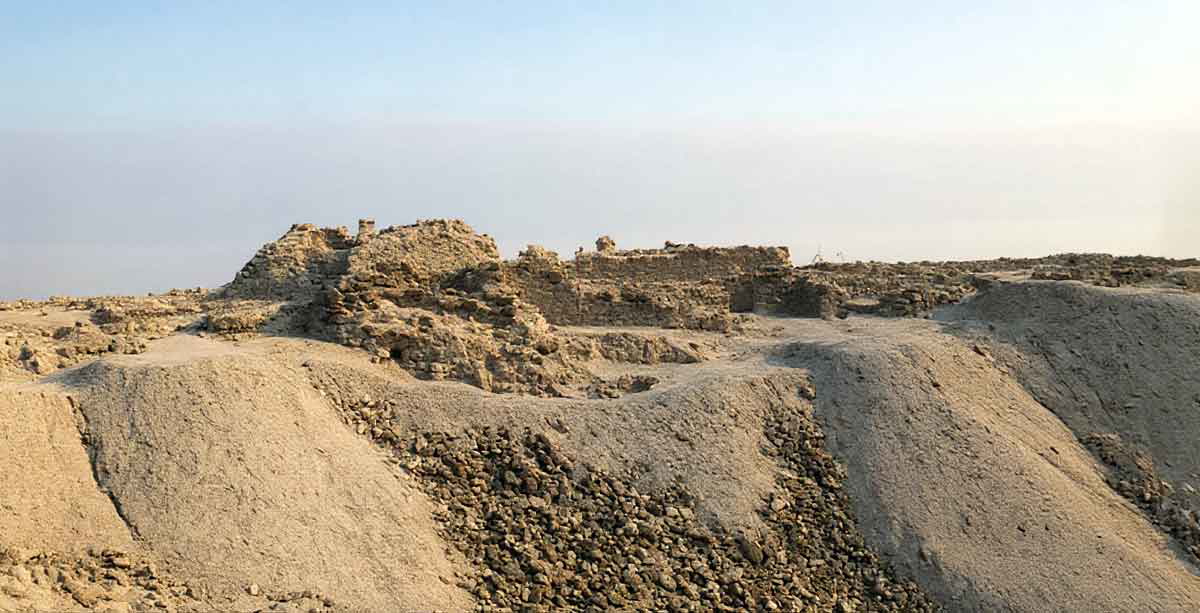
The philosopher Philo, who lived in Alexandria, Egypt at the turn of the first century, described the Essenes as exemplars of virtue and devotion to God. He says that they lived in villages and avoided cities because of their moral scruples. They abstained from all manufacturing related to weapons of war. They also lived modestly and avoided competitiveness by living communally. Furthermore, they devoted themselves to the study and keeping of the Torah, and especially the keeping of Sabbath laws.
Josephus notes the Essenes’ defining characteristics as self-control, communal living, and the pursuit of virtue. They shunned wealth, luxury, and personal property, requiring that anyone joining their community yield their assets to the community fund.
Life in the Essene Community

Life in an Essene community was carefully regimented with religious rules as well as regulations relating to material life and even bodily functions. All possessions were held in common and, while generosity toward the needy was allowed, permission had to be specially granted if it was to extended to a member’s relative.
Becoming a member of the community was not easy. The interested person had to first live by a carefully crafted regimen for a year before moving into the community. During this time, he was expected to show the self-control necessary for members. After entering the group, he was not considered a full member until after two years more of proving himself.
Essene ideology was centered on men. In at least some Essene groups, marriage was only permitted out of necessity, while some members abstained completely from marriage and sexual intercourse. Because the Essenes tended to look down on physical pleasure, they thought that sex was only for reproduction.
Beliefs Unique to the Essenes

The Pharisees, a more prominent Jewish group living in the same time period, believed there would be a future bodily resurrection of the dead. This would become the orthodox position among religious Jews thereafter. According to reports, however, many Essenes believed that the afterlife would be only spiritual in nature. This belief provided part of the basis for their emphasis on self-restraint. Josephus talks about how many Essenes endured torture at the hands of the Romans because of their hope that liberation from the body would mean freedom for their souls.
The Essenes also differed from some of their contemporaries in their belief that God not only knows but also determines all that happens. God chooses both the faithful and the wicked, who are preordained to being so. This idea contrasted markedly with that of other Jewish groups who believed strongly in free will.
The Essenes’ Politics
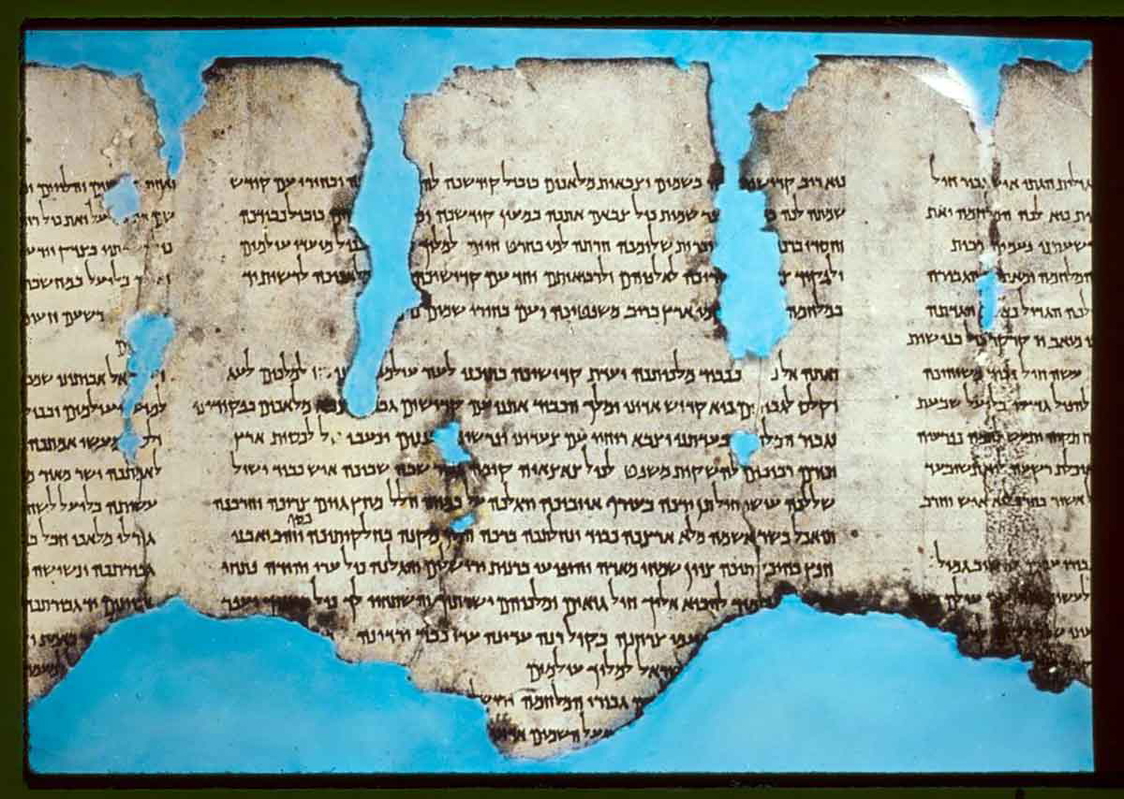
The Essenes seem to have formed as a distinct group toward the middle of the second century BCE during the time when the Hasmonean Dynasty was coming into power. Even though the Dead Sea Scrolls themselves do not use the title “Essene,” most scholars agree that the ideology that is presented therein reflects Essene beliefs.
According to what is expressed in these scrolls, it was believed that the Hasmoneans had corrupted the true priesthood by appointing unqualified men to the office and by compromising other aspects of the law of Moses. The Qumran community seems to have been a group that saw themselves as preserving a pure form of Jewish practice. They believed that, in the future, they would be vindicated in a final showdown between the forces of good and the forces of evil. The good would be led by God’s chosen king or, perhaps, God’s chosen king and priest—God’s “messiah(s).”
Do the Essenes Appear in the New Testament?
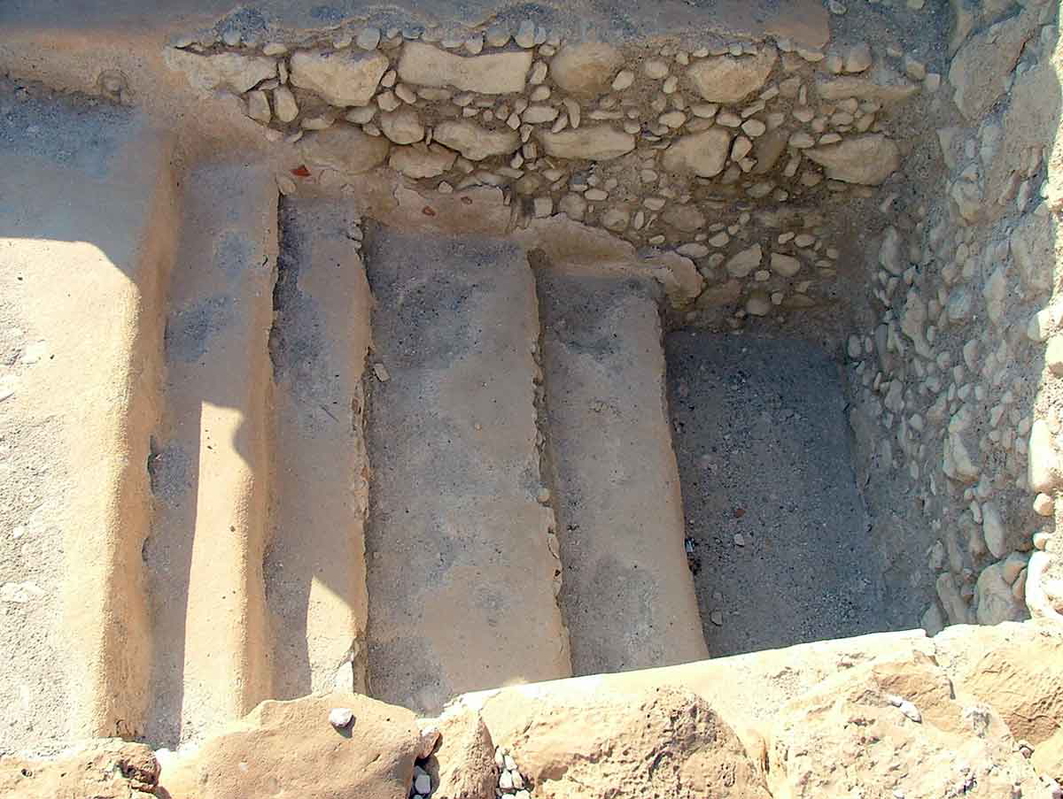
Some have speculated that John the Baptist was an Essene because he seems to have adhered so much of what appear to have been Essene values. The Gospels describe him as having lived in the Judean Wilderness away from urban areas. He ate simple, wildly produced foods and he dressed primitively in animal skins. Himself a member of a priestly family, he also seems to have valued and engaged in priestly ritual practices. Yet he did so far away from the Temple. Ritual washings—which could be called “baptisms”—for example, were an important practice at the Qumran Essene community. In addition, the self-denying ideas and practices of the Essenes that are celebrated by Philo of Alexandria also sound similar to some of Jesus’s teachings.
But the Essenes are never mentioned by name in the New Testament, and there is no definitive answer to the question of whether or not this or that New Testament character was a member this mysterious community. Still, Essene ideas were certainly a part of the world in which the New Testament was written.
